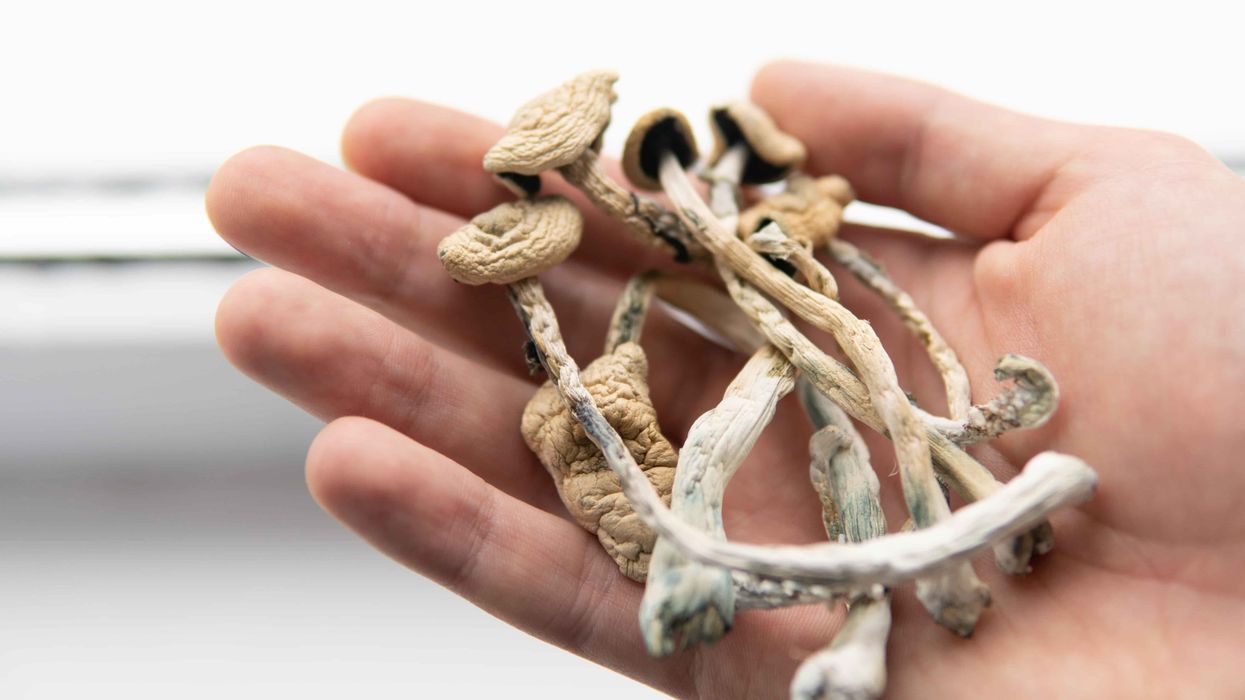Australia has made a groundbreaking decision to become the first country in the world to allow the prescription of MDMA and psilocybin, commonly known as magic mushrooms, for the treatment of psychiatric conditions such as depression and post-traumatic stress disorder (PTSD). The move has stirred controversy as some scientists argue that the safety and efficacy of these drugs have not been conclusively proven. Additionally, concerns have been raised about the lack of sufficient regulations governing access to these drugs.
The Therapeutic Goods Administration (TGA), Australia's drug regulator, approved the use of psilocybin and MDMA after a nearly three-year process that involved extensive consultation with experts in the field. Research conducted over the past few decades has indicated that these illicit drugs, often used recreationally, can be effective in treating certain mental health disorders when combined with psychotherapy. Psilocybin is the active ingredient in hallucinogenic mushrooms, while MDMA is commonly known as ecstasy.
Recent studies have shown promising results for the use of psilocybin and MDMA in treating treatment-resistant depression and PTSD. A phase II trial published last year demonstrated that a 25-milligram dose of psilocybin was twice as effective as a 1-milligram dose in combating treatment-resistant depression, although significant side effects were noted. Similarly, a phase III trial of MDMA described it as a potential breakthrough treatment for PTSD. These drugs have also shown potential in treating anxiety, anorexia, and substance addiction.
While countries like the United States, Canada, and Israel allow individual use of these drugs on compassionate grounds or in clinical trials, Australia will be the first to regulate them as medications to be prescribed by approved psychiatrists starting from July 1. However, concerns have been raised regarding the identification of patients who are best suited for these treatments. Researchers emphasize the need to determine the individuals who might have negative experiences with these drugs to ensure their responsible use. Estimates suggest that 10-20% of trial participants may have adverse reactions to these substances.
The approval by the TGA has sparked a debate among scientists and clinicians. Some argue that the decision lacks proper guidance on administering the drugs in clinical settings with intensive psychotherapy support. The TGA, responsible for regulating medicines and medical devices, does not stipulate broader clinical protocols. Consequently, concerns have been raised about the potential risks associated with improper use and the lack of regulatory oversight.
Critics also question the timing of the decision, asserting that it was made before research could fully determine the clinical efficacy and safety of these drugs. The US Food and Drug Administration (FDA) recently published its first draft guidance for designing psychedelic clinical trials, highlighting the remaining unanswered questions regarding efficacy, long-term dosing safety, and optimal psychotherapy protocols.
Under the TGA's Authorised Prescriber Scheme, psychiatrists in Australia will prescribe MDMA and psilocybin. However, there are concerns about the lack of standardized human research ethics committees (HRECs) and the absence of regulatory oversight. The Royal Australian and New Zealand College of Psychiatrists (RANZCP) has developed protocols and standards for psychedelic therapy, but they carry no regulatory weight. The reporting requirements set by the TGA have been criticized as minimal, which limits data collection and collaborative learning among researchers.
Despite the controversies, proponents of psychedelic therapy believe that the introduction of MDMA and psilocybin into clinical practice presents an opportunity to tailor treatments to individual needs. They emphasize the importance of careful data collection, safety monitoring, and gradual implementation (i.e. microdosing) to ensure accountability and learning from real-world experiences.
While the TGA's decision to allow the prescription of MDMA and psilocybin in Australia is groundbreaking, ongoing research, regulation, and comprehensive protocols are necessary to ensure the responsible and effective use of these drugs in therapeutic settings. The outcomes of this decision will shape the future of psychedelic therapy and influence discussions on their broader acceptance and integration into mainstream healthcare.
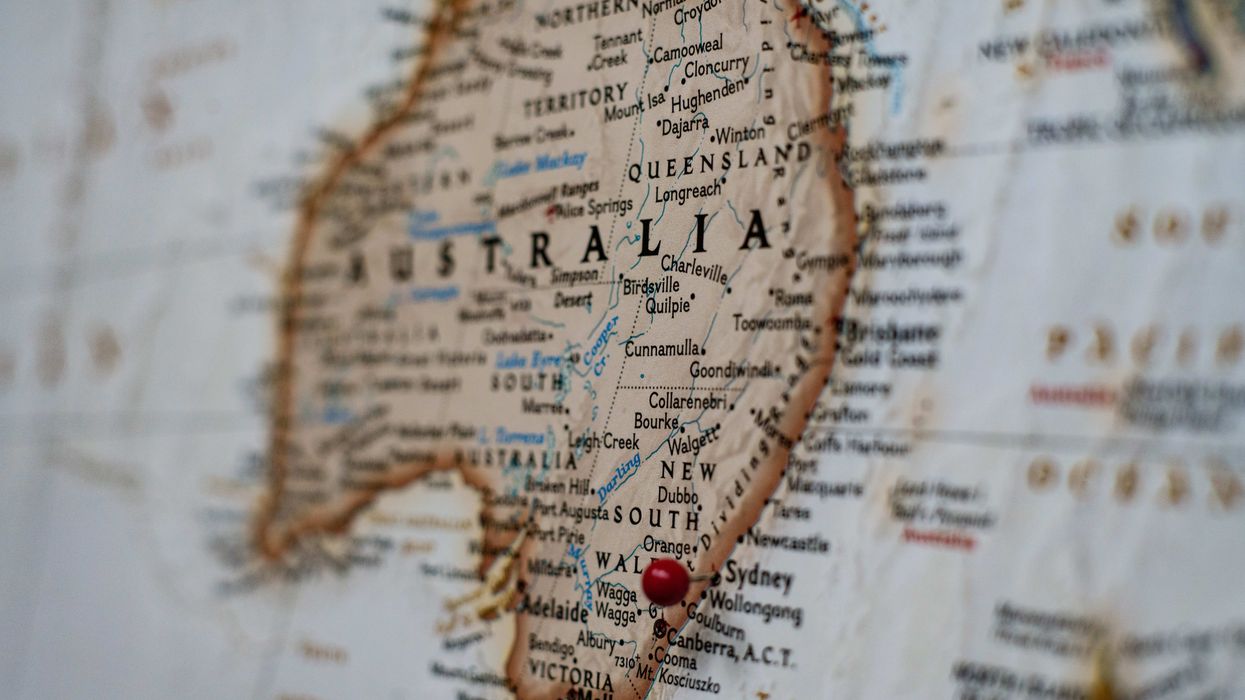

















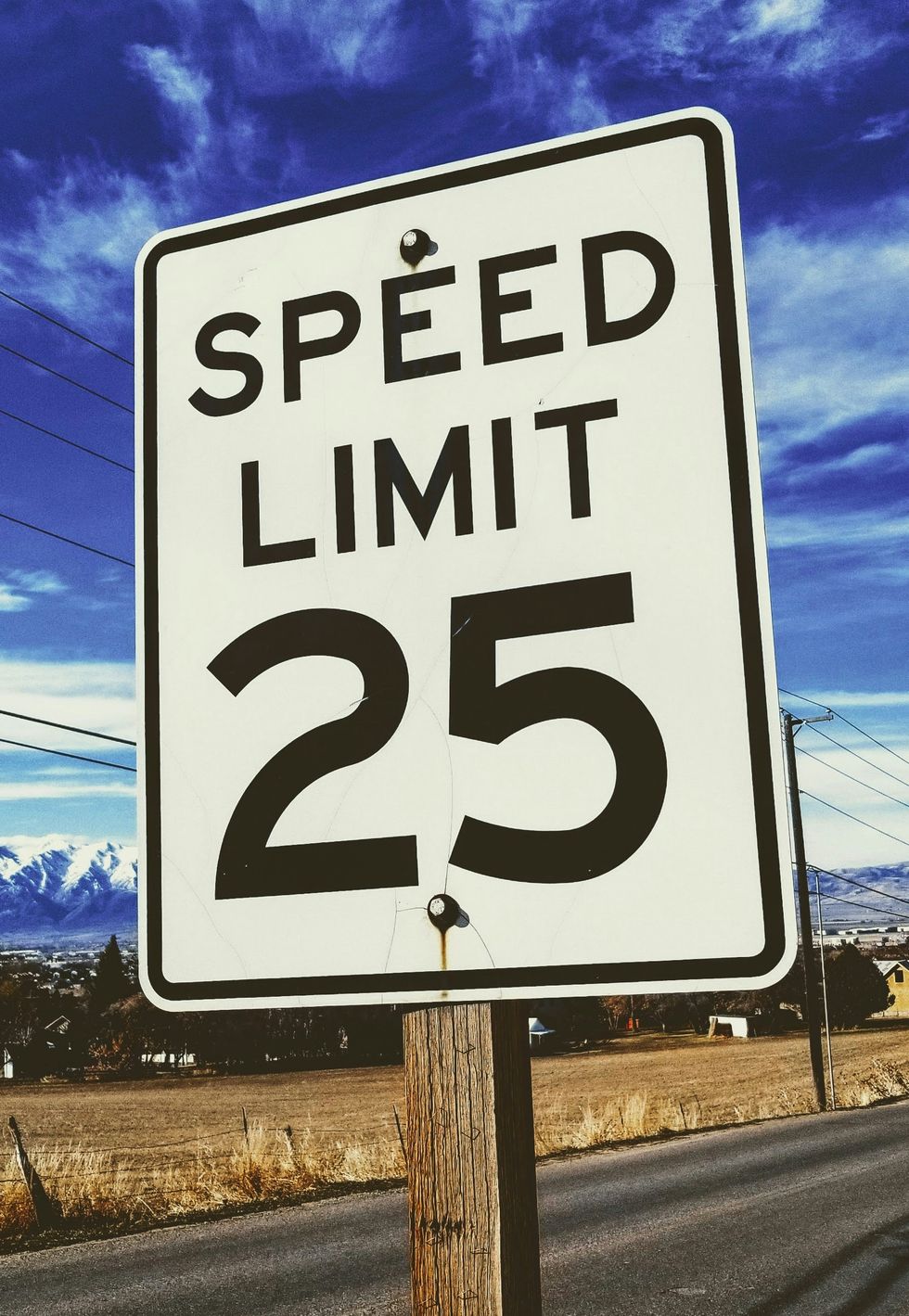



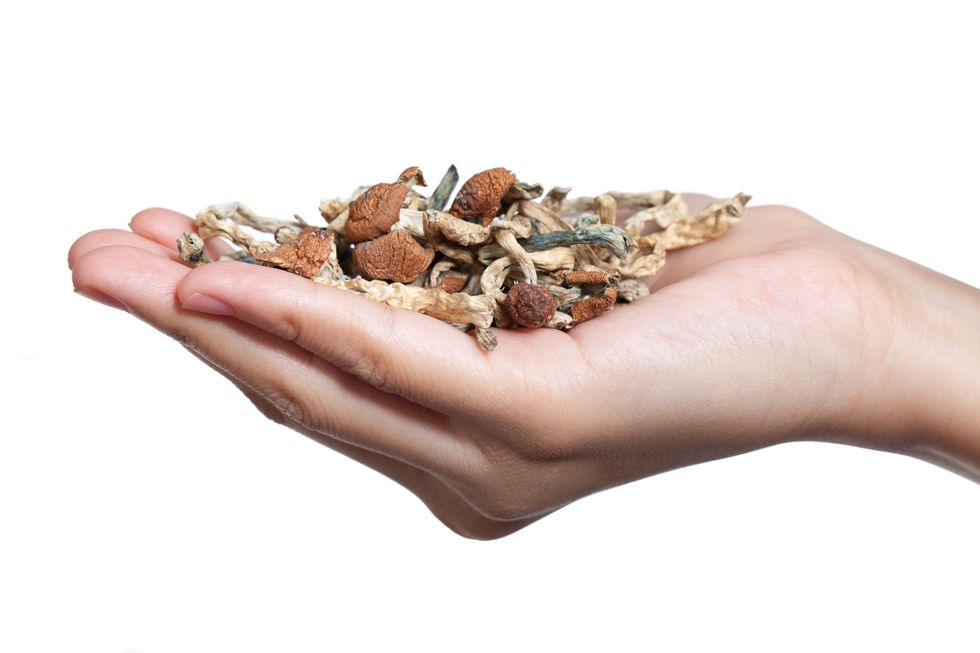 How to Make Mushroom Tea - The Bluntness
null
How to Make Mushroom Tea - The Bluntness
null
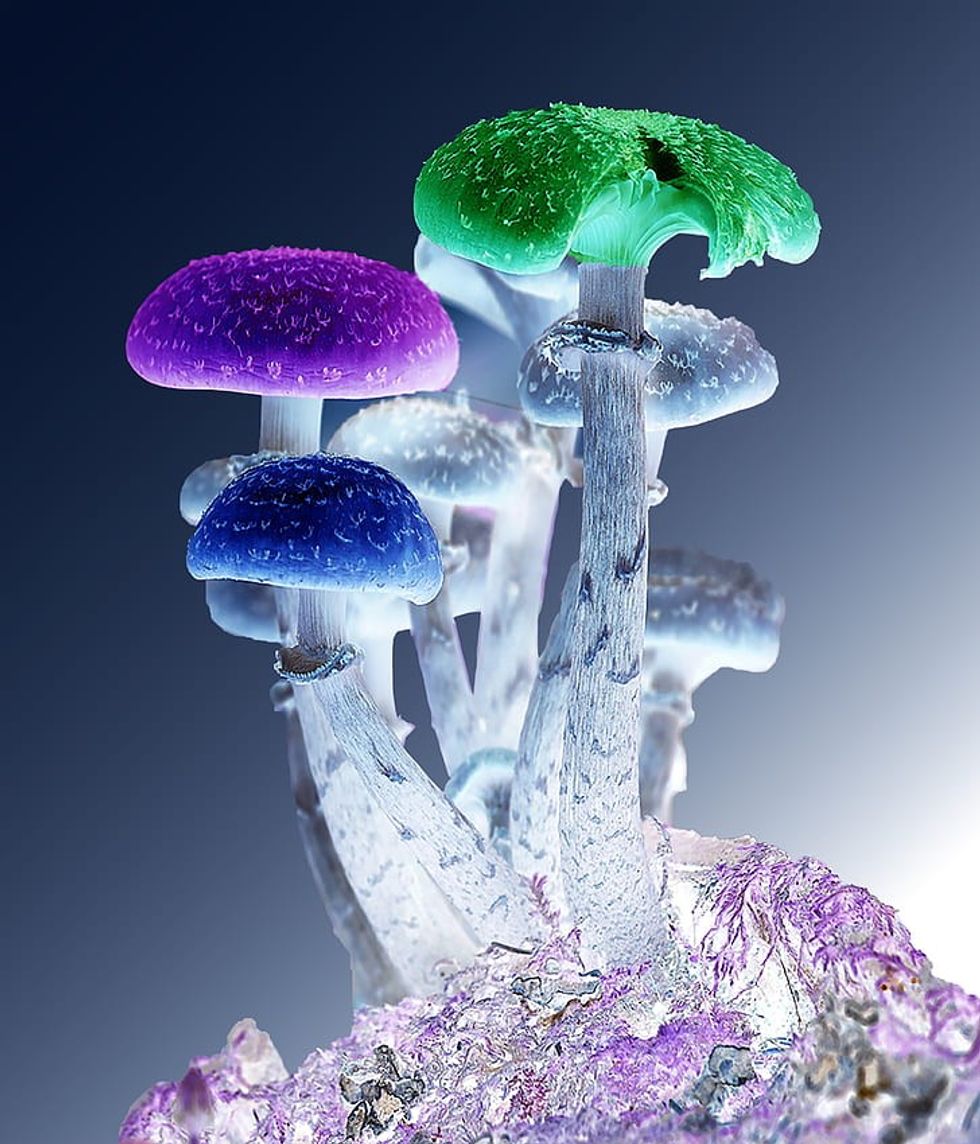 How to Make Mushroom Tea - The Bluntness
www.pickpik.com
How to Make Mushroom Tea - The Bluntness
www.pickpik.com
